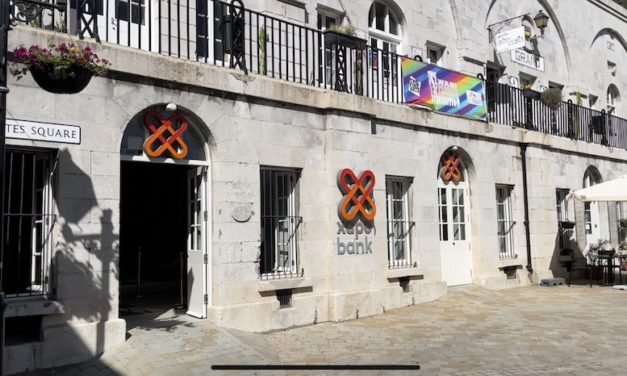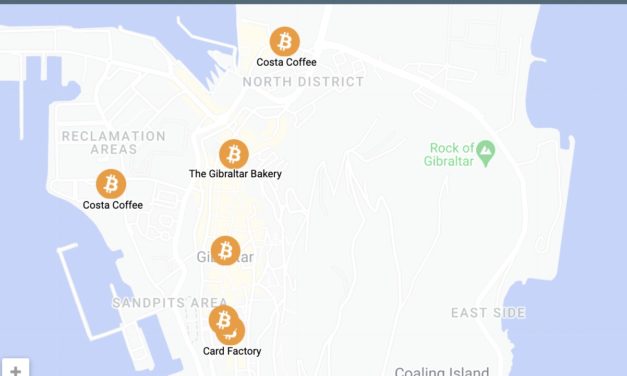Why this tiny country is adopting the Bitcoin Lightning Network
Cointelegraph reporter Joe Hall visited the country of Gibraltar to explore Bitcoin adoption on The Rock, as the peninsula is known locally, and how the adoption of bitcoin for shopping in the territory is impacting business. The visit was also an opportunity to visit Xapo Bank, the world’s first private financial institution to combine traditional banking with Bitcoin. Coinbase acquired its custody business in 2019, making the American exchange the largest crypto custodian in the world. The British Overseas Territory of Gibraltar is known for its pioneering crypto regulations, support for blockchain development and bitcoin adoption, with many retail businesses using the Lightning Network — a layer two network that enables off-chain transactions — to accept bitcoin as payment around the peninsula. “When you talk about adoption of the use of Bitcoin, is it going to come? Yes, it is as more and more jurisdictions begin to regulate. And what is for me, the ideal is when there are enough countries doing it.”April this year, Gibraltar introduced a new regulatory package for distributed ledger technology (DLT) service providers, providing clarity for crypto businesses in regard to threats of market manipulation and insider trading.
Čítaj viac











